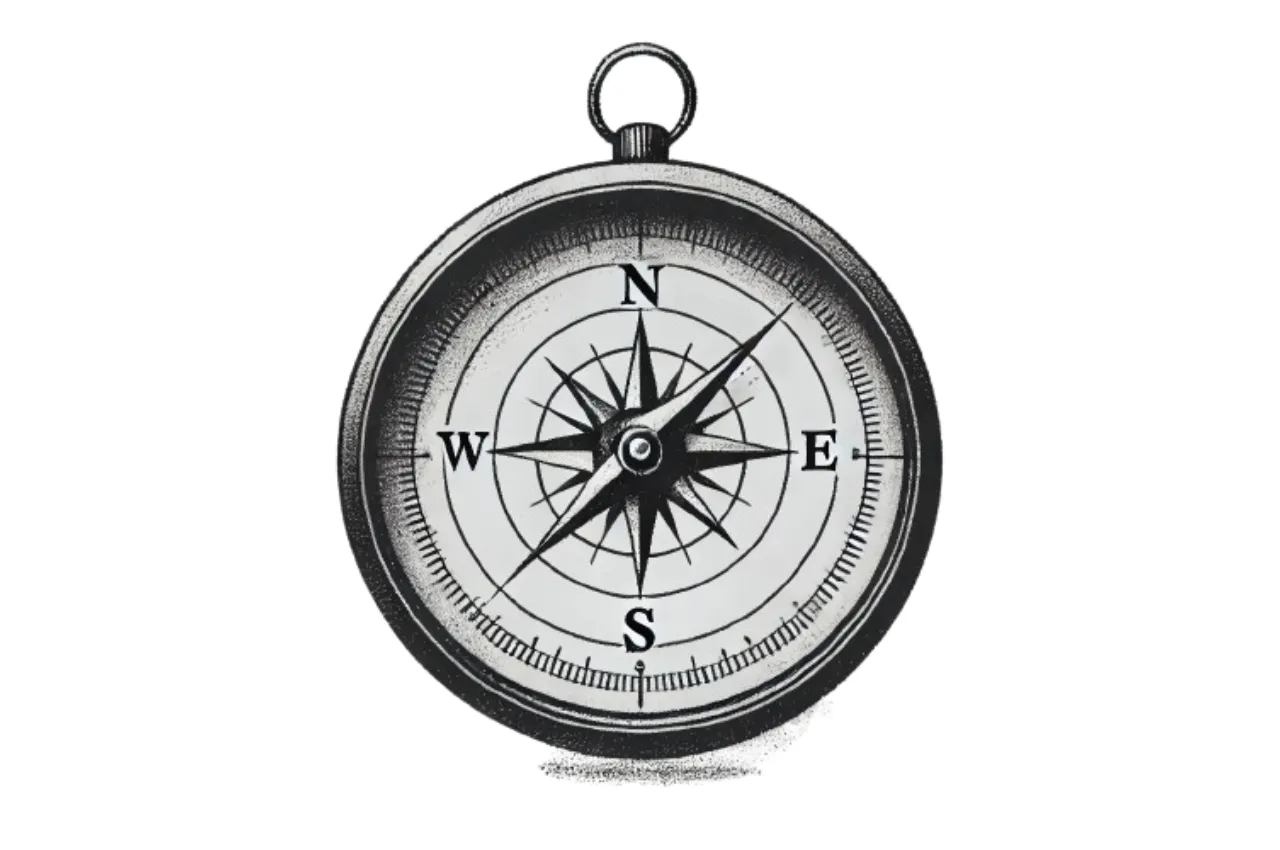Table of Contents
In the early 2000s, if you mentioned mobile phones, chances are you'd be talking about a BlackBerry. It was the must-have device for anyone who was anyone—Barack Obama, Kim Kardashian, David Beckham, Paris Hilton, Lindsay Lohan—the list of celebrity BlackBerry loyalists was endless. Owning a BlackBerry became synonymous with sophistication and success, the ultimate badge of a professional who meant business.
Journalist Nell Scovell captured the craze perfectly: “Like Lindsay Lohan and Lauren Conrad, Barack Obama is addicted to his BlackBerry.”
But then, the iPhone happened. Suddenly, the market shifted—almost overnight, it seemed. BlackBerry, once the king of mobile, found itself scrambling to catch up as Apple redefined not just the smartphone, but our expectations of what a phone could be. The iPhone’s sleek, intuitive touchscreen interface and the introduction of the App Store made BlackBerry’s physical keyboard and business-only focus seem instantly outdated.
The mainstream explanation for BlackBerry’s decline usually centers on overconfidence. Many have painted the company as a victim of its own success—too sure of its dominance, too slow to acknowledge the massive disruption that Apple was bringing. But what if that’s not the full story? What if the real issue wasn’t overconfidence at all, but something much more subtle and complex? Could BlackBerry's downfall actually be tied to a different kind of cognitive bias?
Fear at the Core of Decision-Making
When we talk about overconfident leaders, we’re usually referring to those who are bold, eager to take on new challenges, and not particularly worried about risk. They believe in their ability to conquer new opportunities and often downplay the possibility of failure. Fear doesn’t play much of a role in their decision-making—they’re more focused on the thrill of the next big win than on holding onto what they already have.
But there’s another side to the coin: leaders driven by loss aversion. These leaders aren’t motivated by ambition as much as they are by fear—specifically, the fear of losing what they’ve already built. For them, the idea of risk is terrifying not because they can’t win, but because they’re so focused on not losing. They cling to the familiar, hesitant to gamble their current success on an uncertain future.
In this context, the distinction between overconfidence and loss aversion is crucial. Overconfidence leads to risk-taking and optimism, while loss aversion fuels caution and a tendency to resist change. So, could it be that BlackBerry’s real issue wasn’t overconfidence at all, but rather a crippling fear of losing its existing market dominance?
BlackBerry's Reluctance to Change
Looking back, BlackBerry’s decisions during its decline seem less about overconfidence and more about loss aversion. The company’s reluctance to embrace touchscreens or move beyond its enterprise focus wasn’t because it thought it was invincible—it was because it was afraid to let go of what had worked so well in the past.
Take BlackBerry’s famous physical keyboard. Even as the market shifted towards sleek, touchscreen designs, BlackBerry held firm to its beloved QWERTY keyboard. Co-CEO Mike Lazaridis was vocal about his preference: “The most exciting mobile trend is full QWERTY keyboards. I'm sorry, it really is. I'm not making this up,” he said in 2008. In fact, during a board meeting, he pointed to a BlackBerry keyboard and said, “I get this. It's clearly differentiated.” Then, gesturing towards a touchscreen phone, he added, “I don't get this.”
This reluctance to change wasn’t confidence—it was fear. Fear of losing the core product that had made them successful. Fear that abandoning the keyboard would alienate their loyal customers. But in an industry evolving at lightning speed, sticking to what you know can be fatal.
Defensiveness in the Face of Disruption
Another classic sign of loss aversion? Playing defense when you should be innovating. Instead of adapting quickly to the iPhone, BlackBerry’s leadership downplayed the competition. In 2007, Co-CEO Jim Balsillie famously remarked: "[Apple and the iPhone is] kind of one more entrant into an already very busy space with lots of choice for consumers… But in terms of a sort of sea change for BlackBerry, I would think that's overstating it."
This wasn’t just a miscalculation—it was a defensive posture meant to protect BlackBerry’s current market position. Balsillie wasn’t acknowledging Apple as a serious competitor; he was trying to dismiss it as a non-threat. The same attitude was echoed by Lazaridis, who said of the iPhone, “It wasn’t a threat to RIM’s core business. It wasn’t secure. It had rapid battery drain and a lousy [digital] keyboard.”
By focusing on the flaws of their competitor instead of the possibilities for their own innovation, BlackBerry’s leadership was essentially digging in its heels. Their loss aversion had led them to a defensive strategy that would prove disastrous in the long run.
Stuck in the Glory Days
Leaders gripped by loss aversion also tend to glorify past successes, using them as a shield against current market realities. BlackBerry was no different. Time and again, the company pointed to its prior achievements as proof that they didn’t need to change. As Balsillie put it, "We've built a strong global brand with strong assets and strong products that have been successful." But in a fast-moving industry, yesterday’s victories don’t guarantee tomorrow’s relevance.
What Could Have Been?
Had BlackBerry focused more on innovation and less on preserving its past, the story might have ended differently. If the company had leaned into the challenge, embraced the touchscreen revolution, and responded to the shifting market with the same energy it once used to dominate, it might have stayed in the game. But by burying their heads in the sand, so to speak, BlackBerry missed its chance. Instead of seeing the iPhone as an opportunity to evolve, they saw it as a passing fad. And that was their fatal mistake. In a world driven by innovation, the inability to adapt is the quickest path to obsolescence.
The Bottom Line: A Lesson in Loss Aversion
The story of BlackBerry’s fall from grace is more than just a cautionary tale about overconfidence. It’s a lesson in the dangers of loss aversion—of clinging too tightly to what once worked at the expense of what could come next. In the end, BlackBerry’s refusal to embrace change and its fixation on preserving its established market position led to its downfall.
In today’s rapidly evolving industries, companies must learn to balance the value of their past with the necessity of innovation. The lesson from BlackBerry? Don’t let fear of loss hold you back from your next big win.








